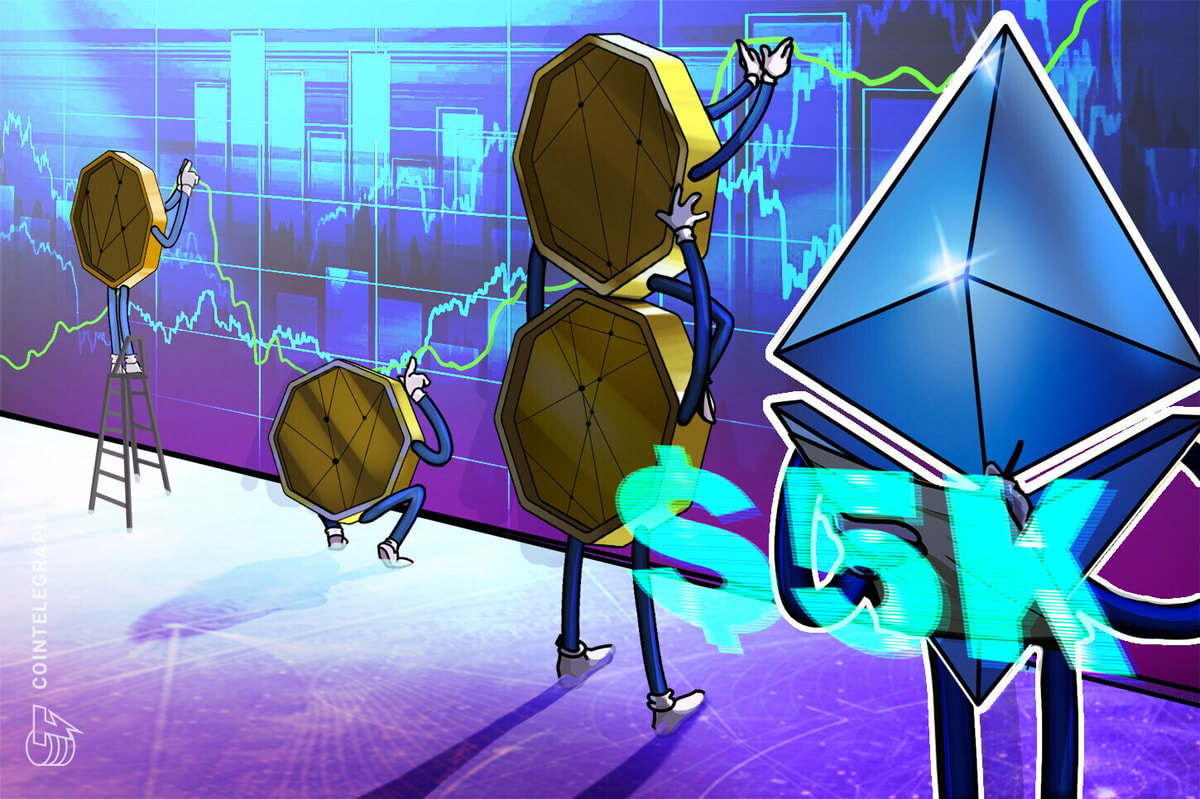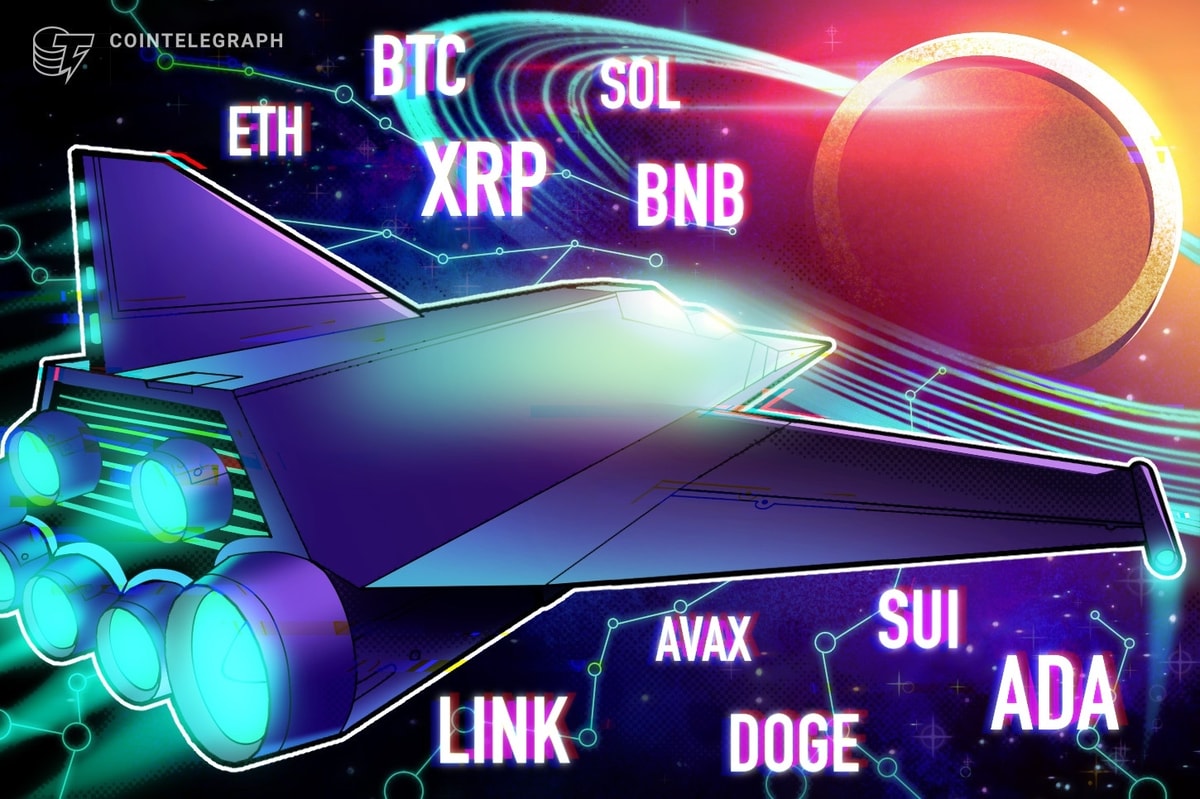Bitcoin has been on the rise for over a year, but what many people aren’t paying attention to are the other coins that are making waves in their own regard. Some have unique features that other coins don’t, and most definitely have a niche that they fulfill.
Altcoins and Shitcoins
Bitcoin is the clear leader in the cryptocurrency markets. It still holds its first mover advantage, retains around 60% of the total digital currency market cap, and much of the industry is still based around it. Most altcoins are even priced in Bitcoin. But, against what many people shout about on Reddit, not every altcoin is a “shitcoin.” Many have solid technology, a brilliant team behind the project, and a thriving community dedicated to making their coin the best that they can. This article will go into some of the other popular cryptos and what makes them unique and interesting.
Litecoin
Many people refer to Litecoin as the “Digital Silver” to Bitcoin’s “Digital Gold.” Litecoin works very much like Bitcoin, as its looking to act as a currency as well. It has a few key differences though. Bitcoin’s protocol dictates that, on average, one block of transactions is broadcasted to the network every ten minutes. This means that the best-case scenario is that your transaction will be confirmed ten minutes after you submit it, even then that’s providing you’ve included a proper fee.

With Litecoin, the average block time is two and a half minutes. This provides much faster confirmations, along with the fact that, at scale, it can process four times more transactions per second than Bitcoin. Only time will tell if Litecoin will solve many of the problems facing Bitcoin if the Litecoin network experiences the same influx of users Bitcoin has seen in recent months.
Monero
Monero is yet another coin that acts as a currency, but it does have one major difference that makes it attractive to investors. Many claims that Bitcoin is a fully anonymous network, but that is unfortunately not true. Seeing how Bitcoin is a completely public and auditable ledger, someone could theoretically trace every single bitcoin you own back to the original block it was mined in. Addresses can be linked together. So, for example, if you signed up for an exchange and bought some bitcoins, those coins would be associated with that address and that address would be associated with your identity. And it would make sense that if you send the coins completely from the exchange to another address, one could assume that you control that address as well.

Monero solves this problem with something called “Confidential Transactions (CT).” These transaction types make is so that it is impossible to trace coins, or see how many Monero any one address holds. The problem with CTs is that these types of transactions take up much more physical bytes than traditional transactions, sometimes as large as four times the size of traditional transactions. This results in four times fewer transactions per seconds versus Bitcoin. Work is being done on CTs to reduce the size of transactions, and this functionality could one day be implemented in other coins as well.
Ethereum
Ethereum is the second most popular by market cap, and for good reason too. Its native currency token is called “ether.” Fundamentally, Ethereum works the same as Bitcoin but it has a different purpose. Whereas Bitcoin aims to be a payment platform and a currency, Ethereum looks to be what is known as a “smart contract platform.” Those are complicated sounding words, but it’s not that crazy. A smart contract is just a piece of code that can be audited by all parties involved, and once executed cannot be altered. The fact that it is hardcoded means that anyone who can understand the programming language can look at in and independently verify that the contract will do what it says it’s going to do.
My favorite example is the YouTube ad revenue example. Let’s say I’m a content creator on YouTube, and you come to me with a short advertisement to put at the beginning of my videos. You tell me you’ll give me $10 for every thousand views my video receives. Without a smart contract, I’d have to either trust you to give me the money or we get a third party involved that will ensure you pay me.

We could create a smart contract that will automatically pay me once the view threshold is reached. You’d deposit a certain amount of money in an escrow wallet that is controlled by the contract. The contract would check the YouTube API every so often to find the view count, and pay me accordingly. Any money left in the contract address at the end of the agreement would be returned to you. This is a very basic example, but the possibilities are endless. Some of you may have heard of the CryptoKitties drama happening with Ethereum right now. That game is just a smart contract someone made and launched on the Ethereum network.
Full Disclosure: The author owns Litecoin. This article is in no way meant to be investment advice. Do your own research and invest at your own risk.
What do you think about these coins? Are there others that are getting you excited? Let us know in the comments below!
Images courtesy of Pixabay, Litecoin











